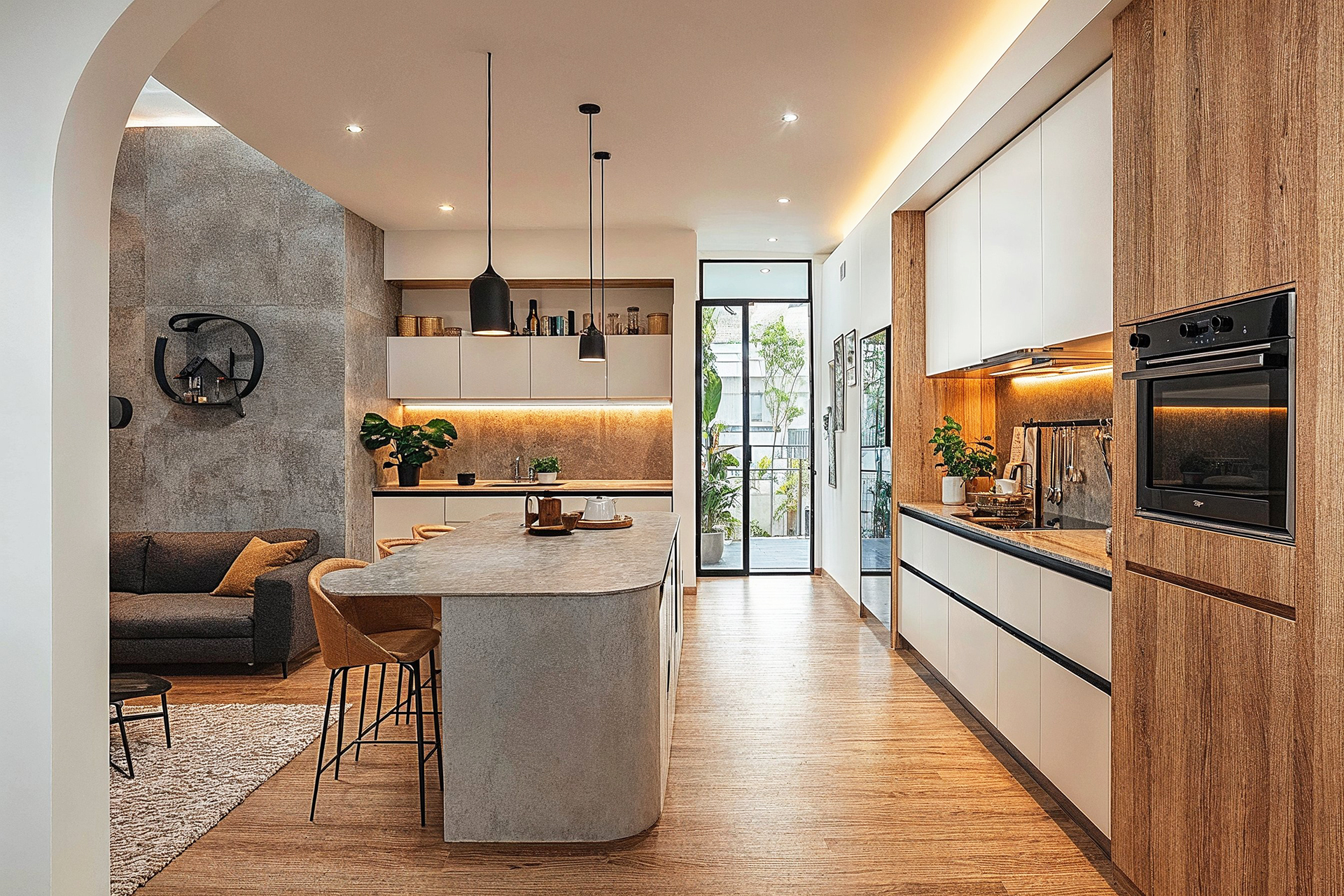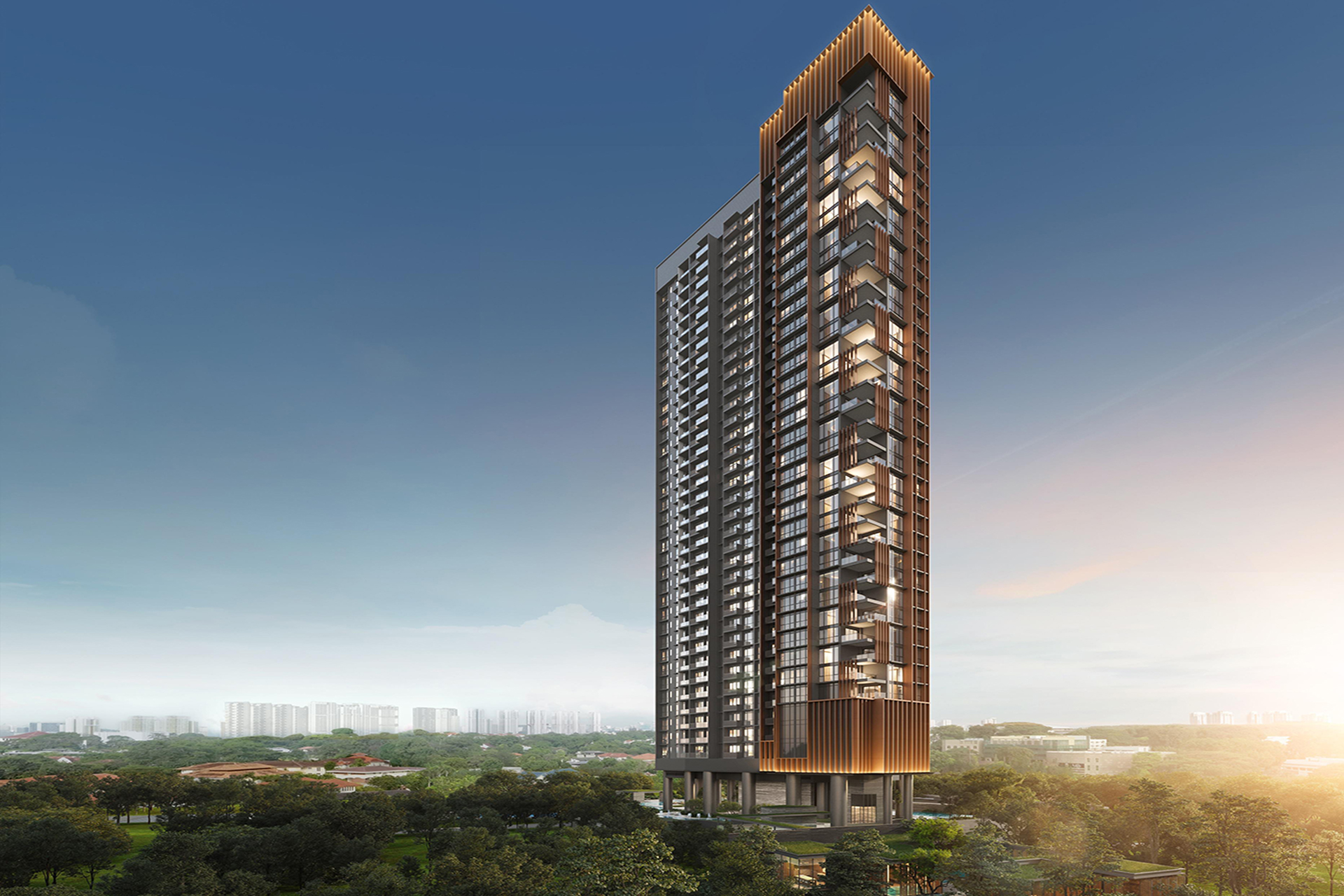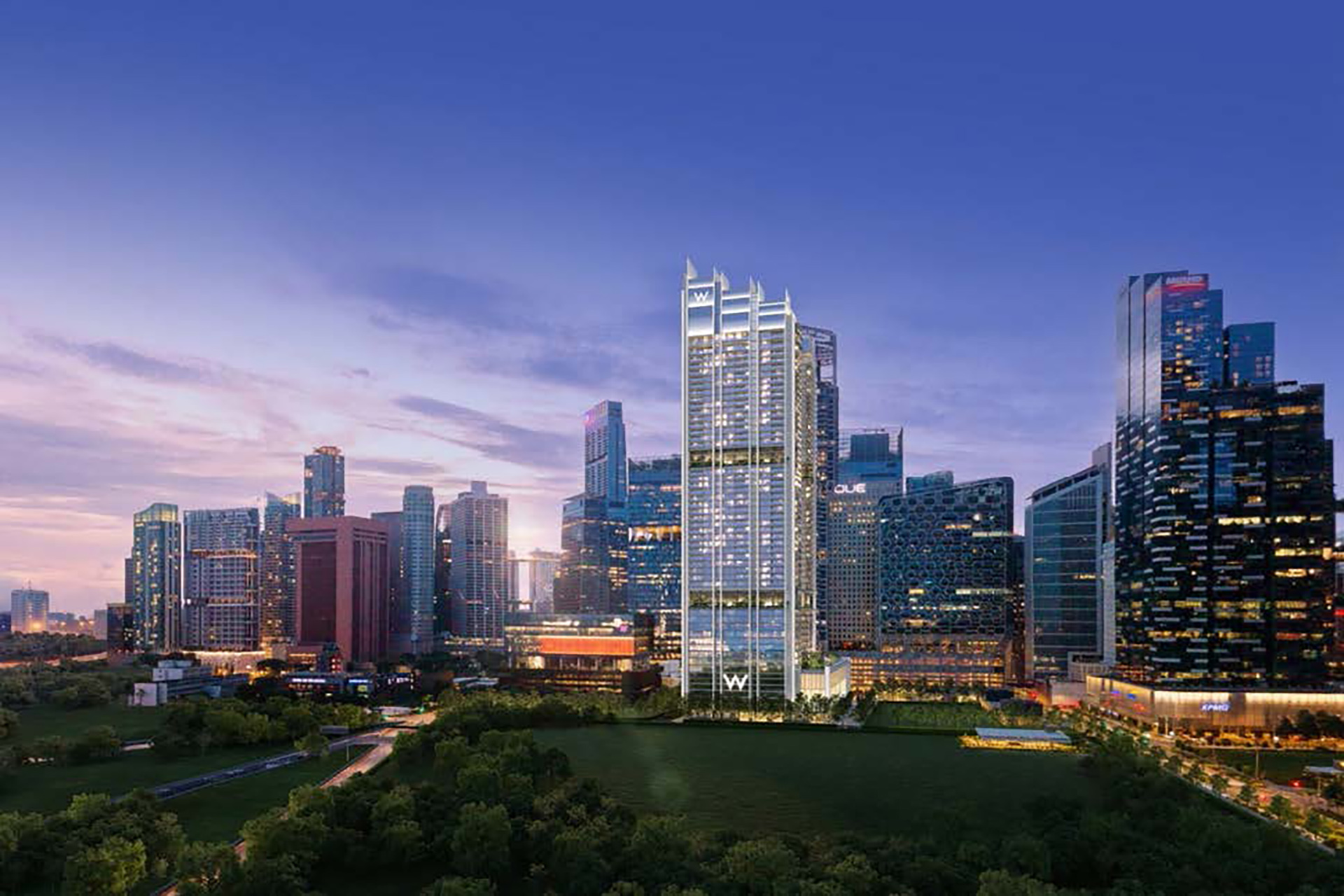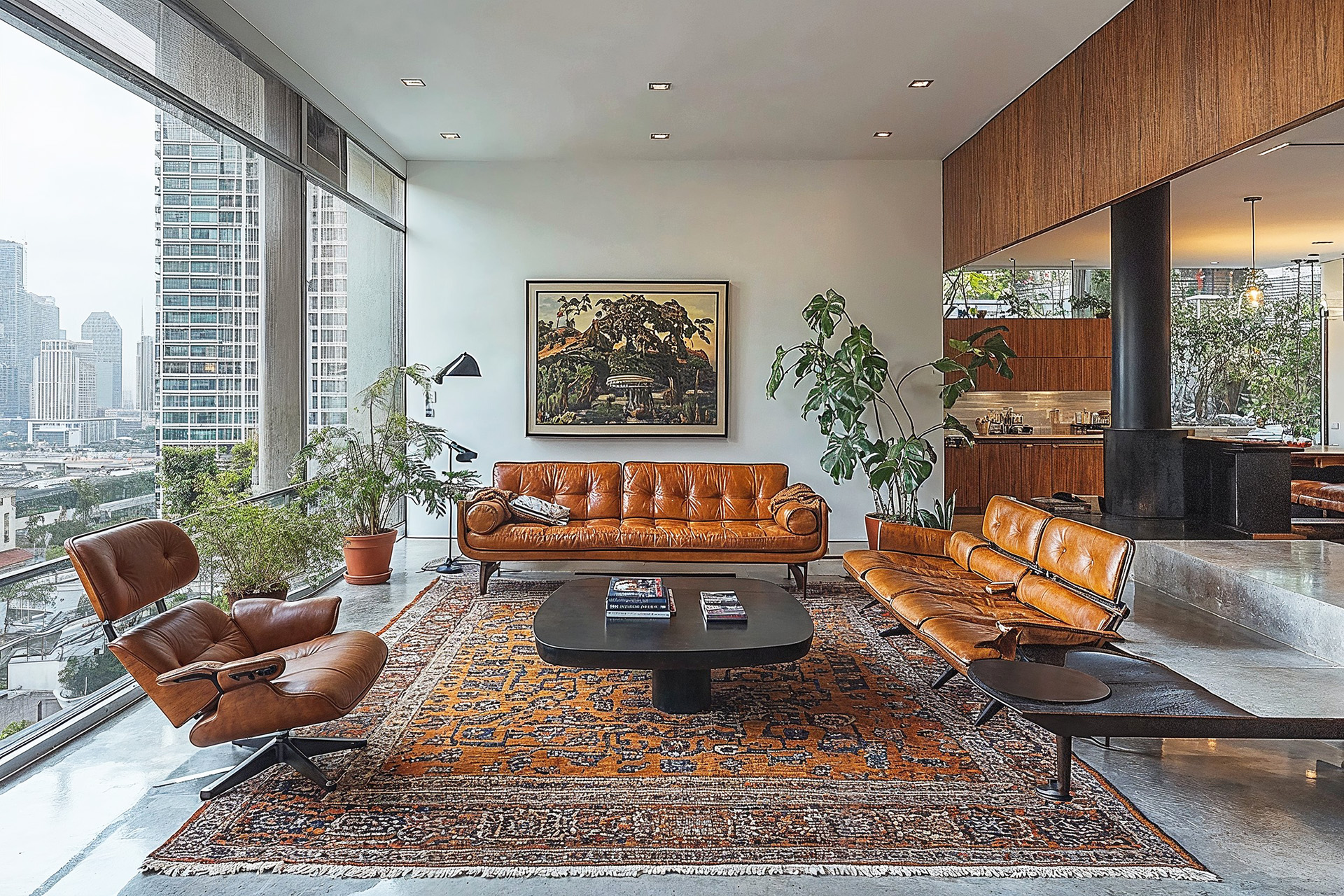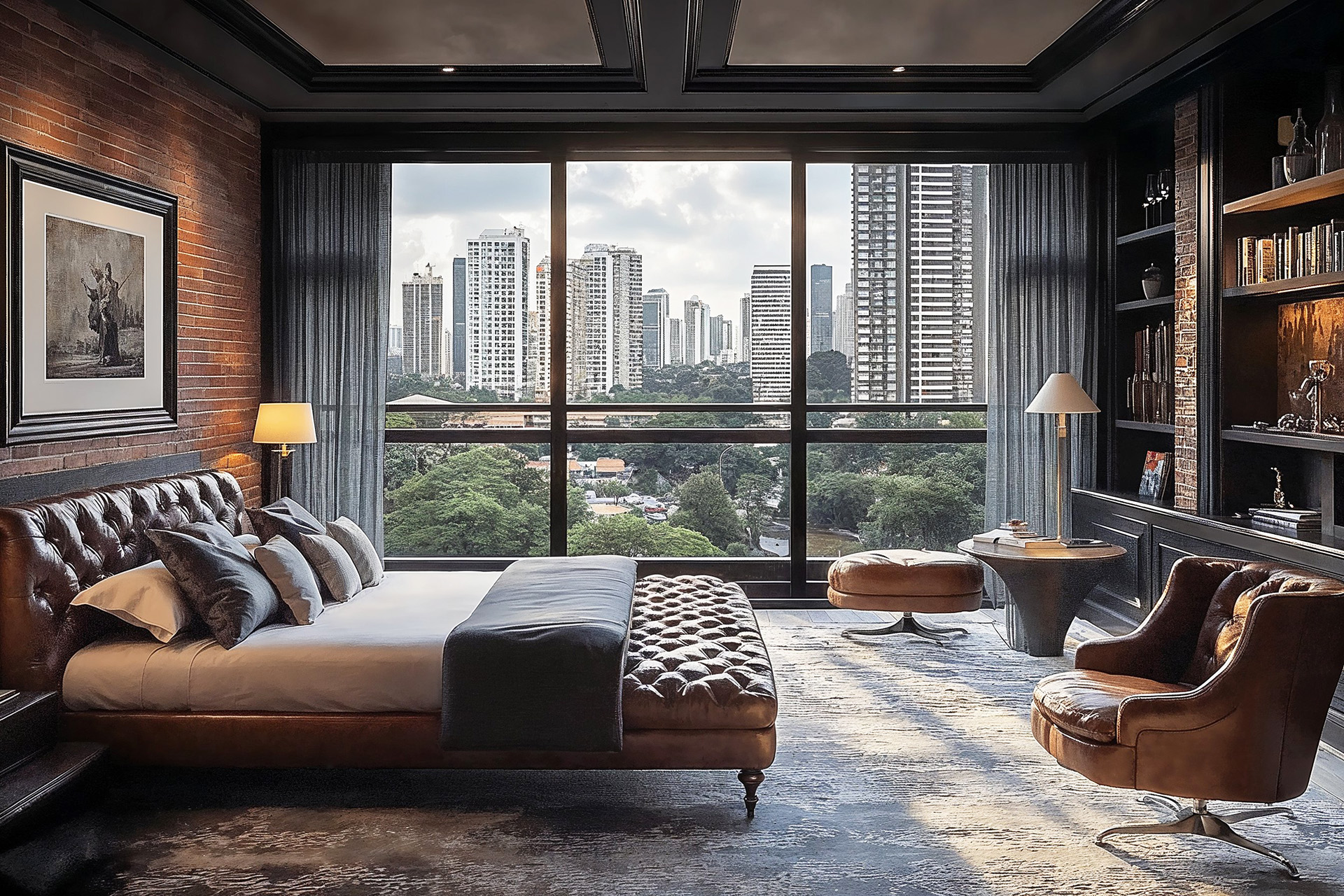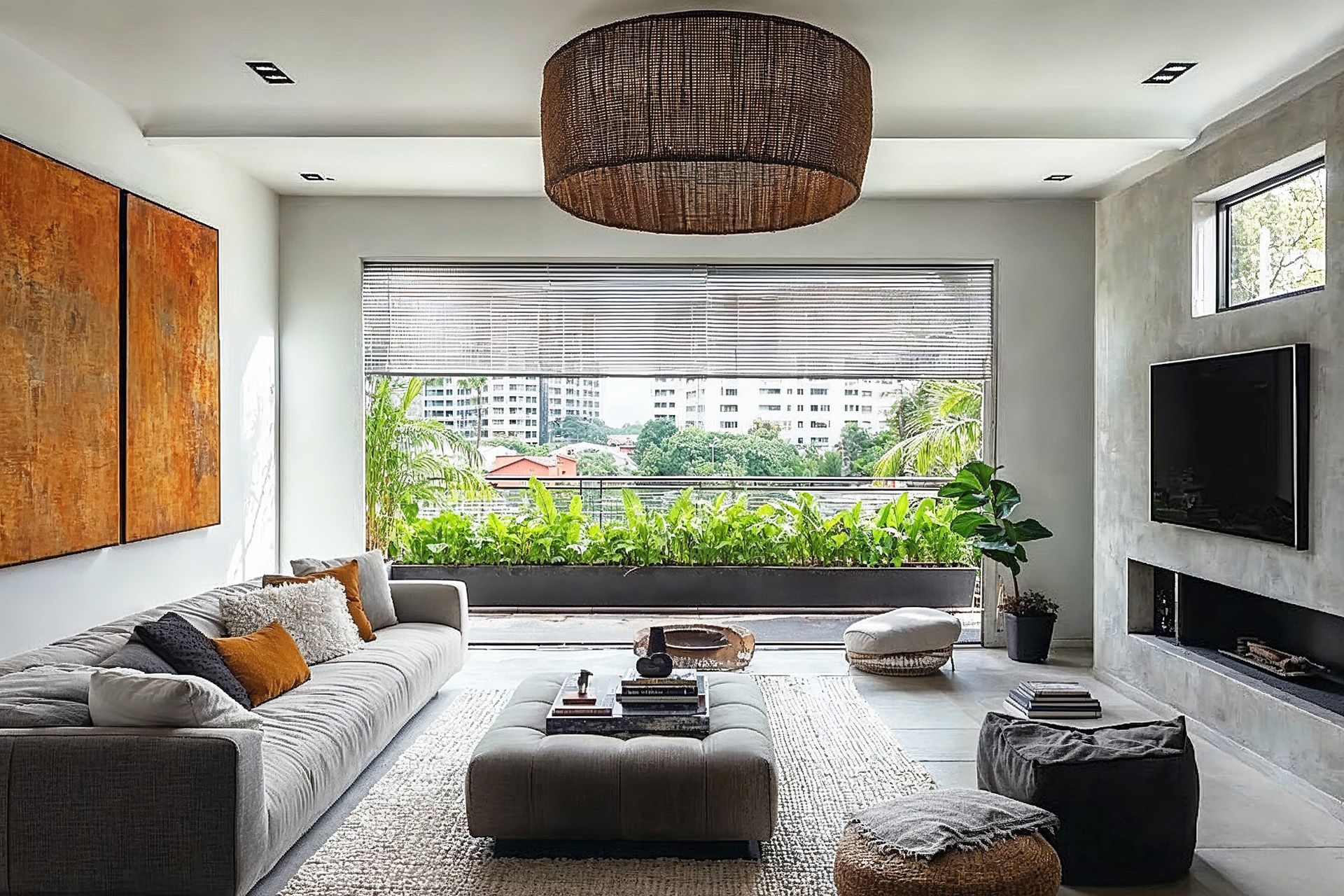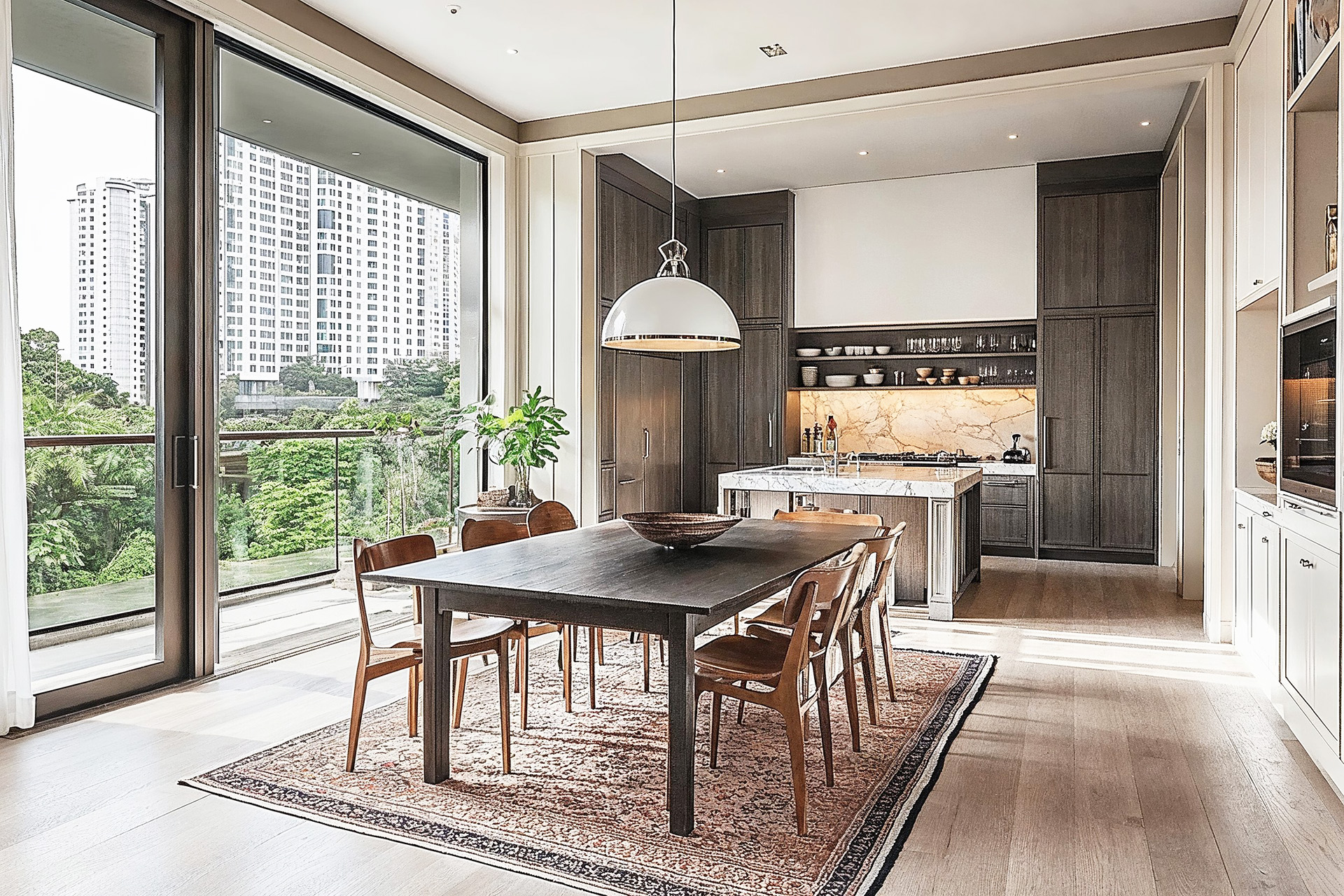|
Getting your Trinity Audio player ready...
|
Upgrading from a HDB flat to a condo is one of the most significant financial decisions many Singaporeans will make in their lifetime. For most families, the HDB flat is an excellent launchpad into property ownership. As their circumstances change, the appeal of condo living becomes increasingly compelling for many residents in Singapore. This represents a shift within Singapore’s residential property landscape, where buyers are transitioning from public to private residential properties, each with distinct rules and valuation considerations.
The reasons vary. For some, it’s about gaining access to facilities like pools, gyms and improved security. For others, it can be about having more space for a growing family. And for many, it’s a strategic move towards capital appreciation, or owning a freehold property with legacy potential.
Is it worth upgrading from an HDB to a freehold condo? That depends on your goals. While condos come with higher price tags and maintenance fees, they offer better privacy, lifestyle amenities and long-term investment appeal, especially for freehold units, which are not subject to lease decay like HDB units.
However, the path from public to private housing is not straightforward, especially when navigating Singapore’s complex property rules and financing requirements. With property prices rising and financing rules becoming more complicated, the question is not whether you can afford the upgrade. It’s what’s the best strategy for you financially to make the upgrade.
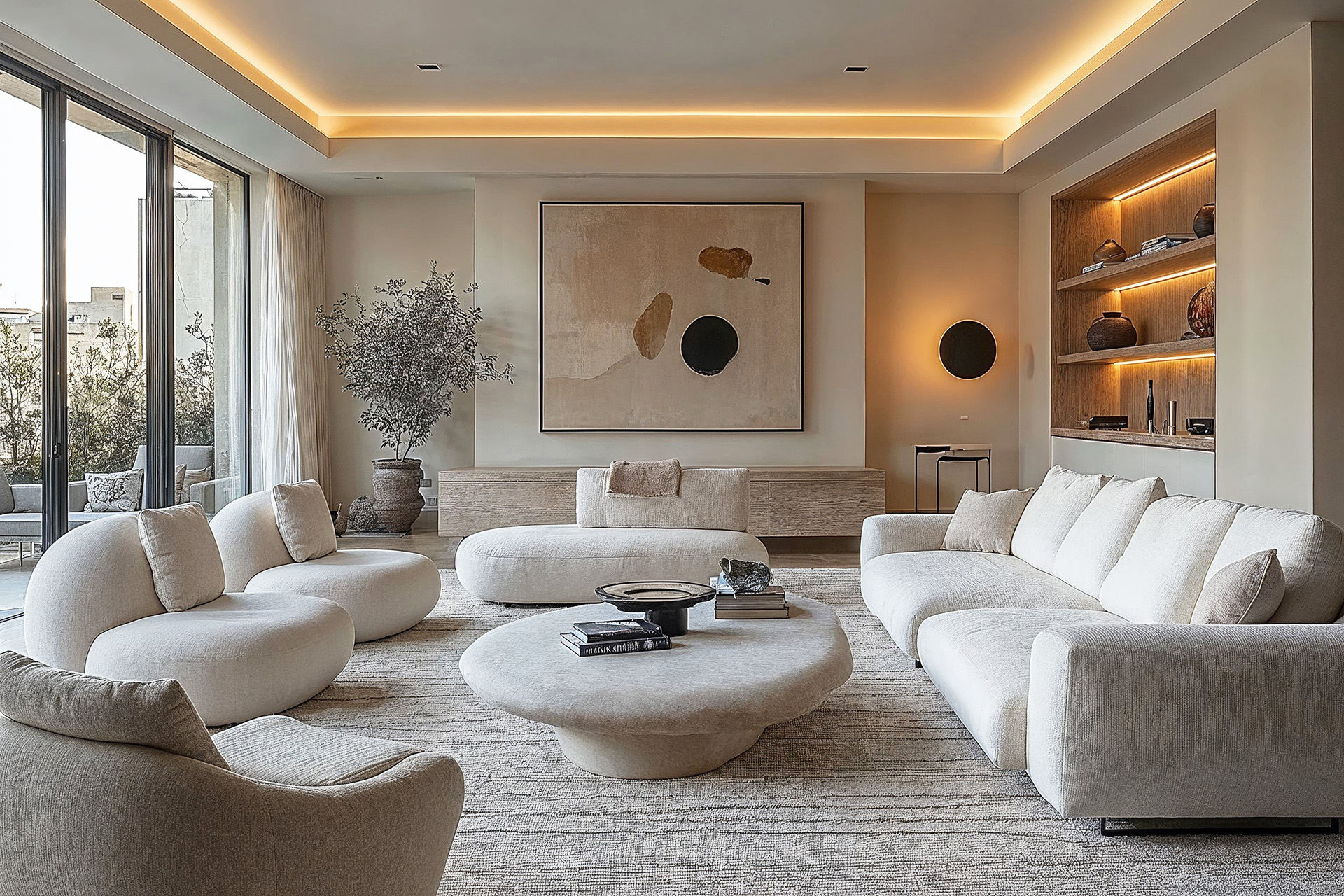
Eligibility to Upgrade
Before you can upgrade to a private property, you must verify your eligibility based on your current situation. A careful assessment of your current HDB flat’s status and your financial health will lay the foundation for a successful upgrade.
The first factor is the Minimum Occupation Period (MOP) of your HDB flat. Typically, you must have lived in your current HDB flat for at least 5 years before you can sell it or purchase a private condominium.
Singapore citizens may own both an HDB flat and private residential property after fulfilling the MOP for their HDB flat. Singapore Permanent Residents (SPRs), however, are not permitted to own both simultaneously. They must dispose of their HDB flat before acquiring private residential property.
Financial eligibility is also essential. You need to review your income, savings and any outstanding loans, such as your HDB loan or bank loan, to determine if you can afford the transition to a private condo.
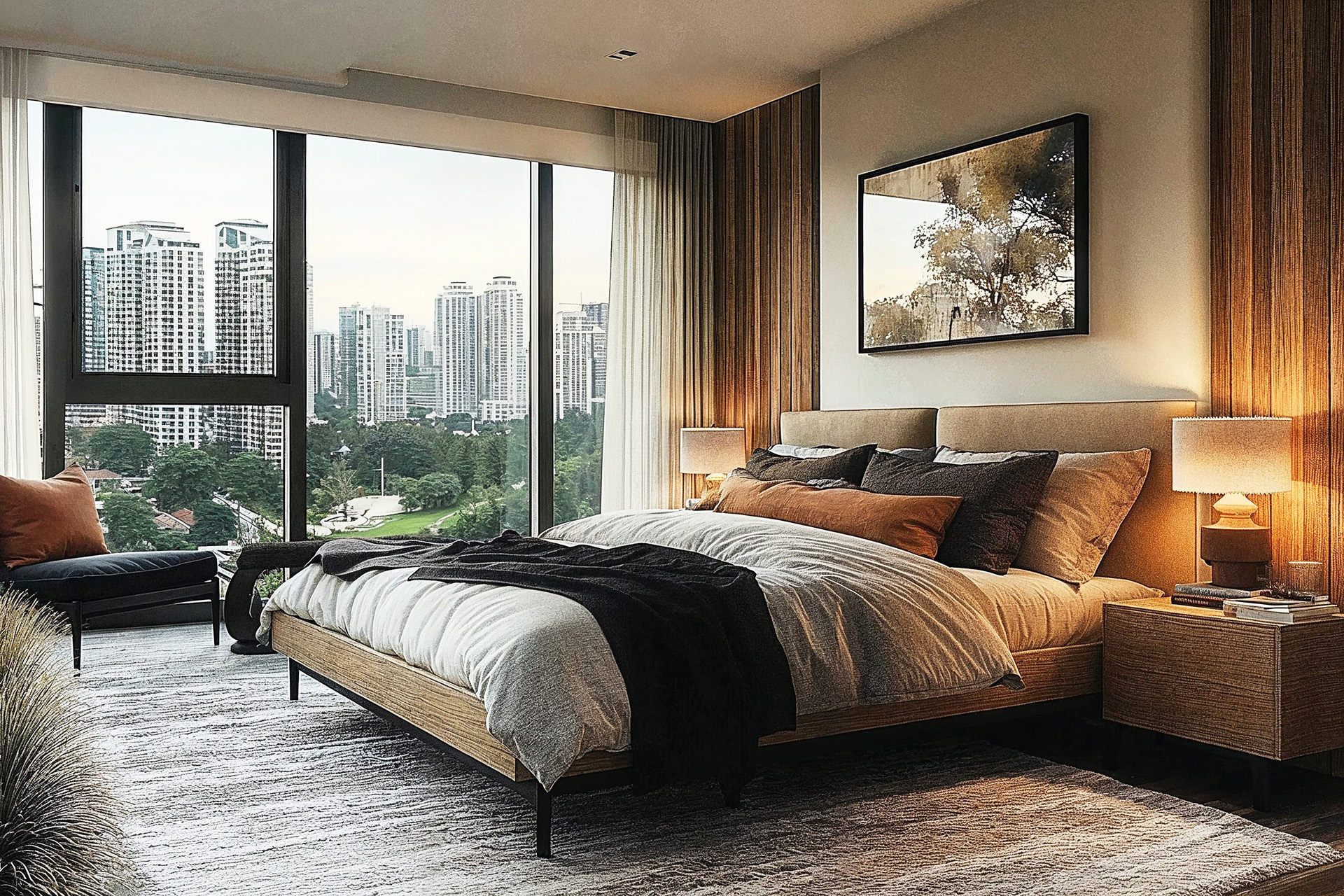
HDB Considerations
If you are wondering how to upgrade to a condo from an HDB, it is essential to understand the implications of selling your HDB flat. Key factors include the resale levy, which may apply if your current HDB flat was purchased with a subsidy, and any outstanding HDB loan that needs to be settled upon sale. The sale proceeds from your HDB flat will form a big part of your budget for your private condo purchase, so you need to obtain an accurate estimate of your flat’s market value, taking into account its age, location and condition.
Beyond the sale, you need to prepare for the costs associated with buying private property, such as purchase price, Buyer’s Stamp Duty (BSD) and Additional Buyer’s Stamp Duty (ABSD), if applicable. Don’t forget to factor in ongoing expenses, such as maintenance fees, property taxes and potential renovation costs for your new home. Evaluating these will help you make an informed decision on when and how to sell your HDB and transition to private condo ownership.
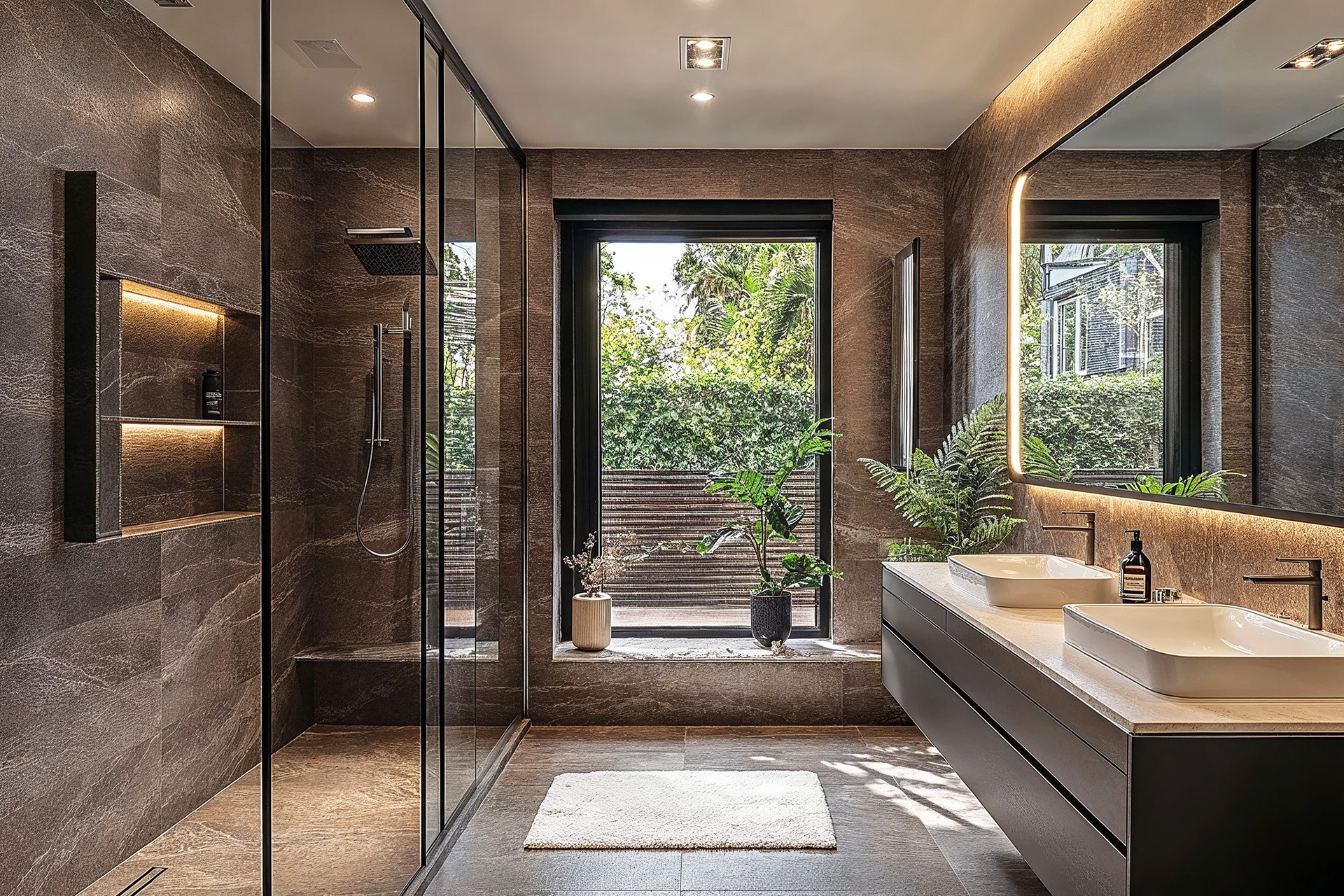
Sell First or Buy First?
Many homeowners ask: “How do you upgrade from a HDB to condo without overextending your finances?” The answer lies in smart sequencing and timing, especially if you’re relying on the sale of your HDB to fund your next home.
One of the biggest decisions when upgrading from HDB to a condo is whether to sell your HDB first or buy your new condo before selling. If you sell first and then buy, you can use the sales proceeds and CPF to fund your condo, avoid Additional Buyer’s Stamp Duty, and secure a larger mortgage. However, you’ll need temporary accommodation during the transition, which can add to your costs.
Option two is to buy first, then sell. This provides a smoother move with no interim housing required, as well as your first choice of condo units (especially for new launches). However, you will have to pay the 20% ABSD for a second property purchase. There is good news, though. If you sell your HDB within 6 months, you may be eligible to apply for an ABSD remission. The 6-month rule isn’t just about completing the sale.
More importantly, it’s about the official disposal date recorded with HDB. This means you need to factor in the HDB’s processing times, which can vary depending on market conditions and administrative workload. Many upgraders underestimate this timeline and end up with costly consequences. The key is to time your HDB sale to fall within the remission window.
Working with experienced property professionals becomes invaluable during this phase. The coordination required between selling your HDB flat, securing financing for the condominium, and managing the settlement timelines demands expertise that most people don’t have. Financially, the cost of professional guidance pales in comparison to the ABSD implications of poor timing.
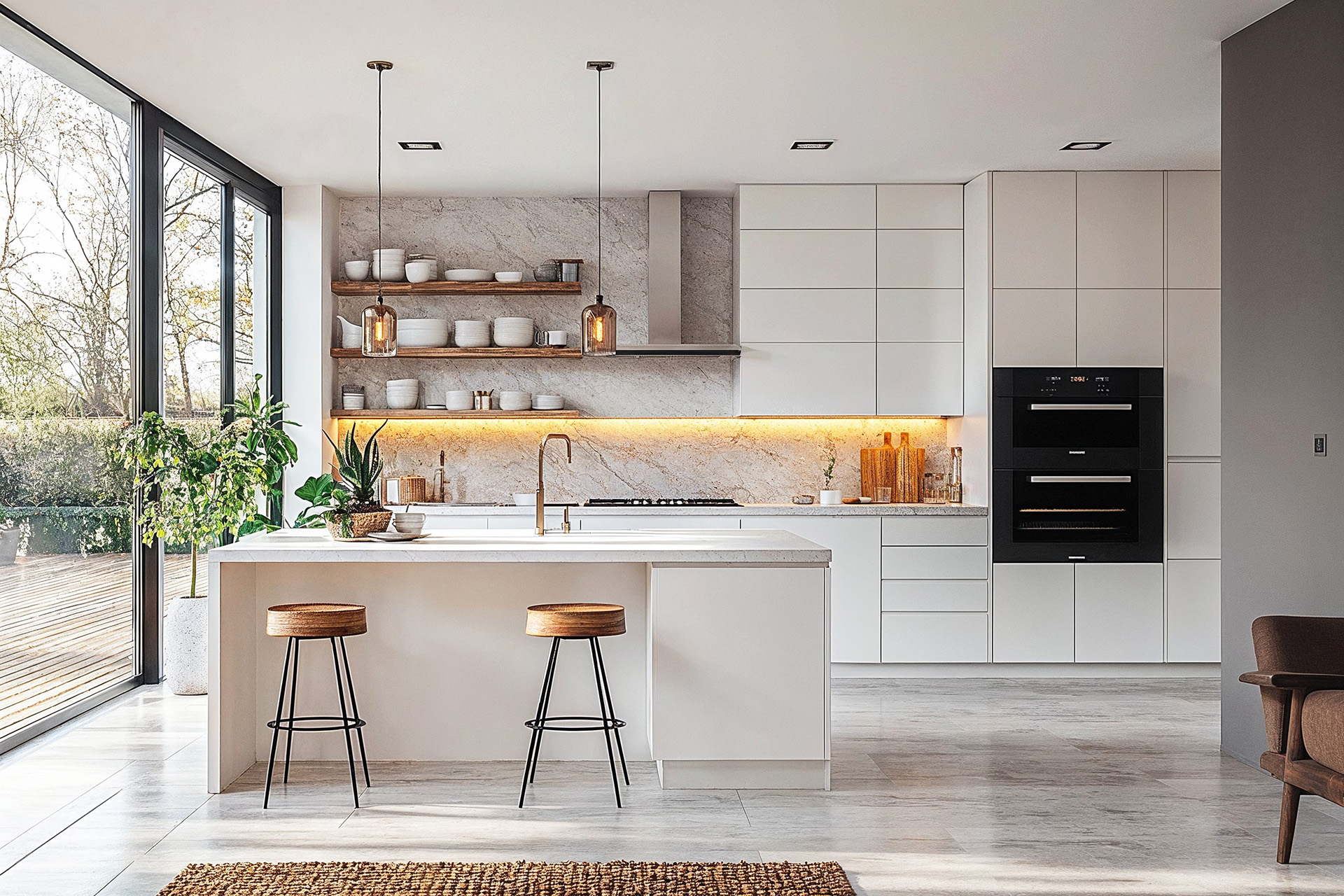
Understanding the Financial Landscape
The financial reality behind any property upgrade begins with understanding your current position. For most HDB owners, the flat represents their largest financial asset, often with substantial equity built over the years. However, the price gap between HDB flats and condominiums has widened significantly over the past decade, making the move to private property more challenging than in the past.
Before you get swept up in a showroom visit, it’s essential to assess the affordability of purchasing a condo. Start by reviewing:
- The outstanding loan balance on your HDB
- Cash and CPF savings available for the minimum downpayment
- Your loan eligibility – factoring in the Mortgage Servicing Ratio (MSR) and Total Debt Servicing Ratio (TDSR)
- Any Additional Buyer’s Stamp Duty (ABSD) implications
The remaining lease on your current flat may also affect CPF usage and loan withdrawal limits. Your available equity is a key calculation, but it’s only one part of the equation. Your monthly income, existing financial commitments and borrowing capacity will determine what is financially viable for your purchase.
Under the TDSR framework, your total monthly debt obligations, including car loans, credit cards, personal loans and the new home loan, must not exceed 55% of your gross monthly income. Critically, this includes any existing HDB or other housing loans. If part of your income comes from foreign sources or bonuses, banks may apply a ‘haircut’ to the amount used in calculations, further affecting your borrowing power.
Many upgraders are surprised to find that, despite having significant equity, their loan eligibility may not be as generous as they would expect. Regulatory caps, such as the TDSR and Loan-to-Value (LTV) ratios, can substantially reduce the size of the loan they can obtain, limiting their purchasing options despite having strong asset backing.
When evaluating a new mortgage, you’ll also need to consider the type of loan (first or subsequent), as this affects both eligibility and interest rates. Monthly repayments must be calculated within the broader context of your budget and long-term financial obligations.
Cash flow planning becomes especially important during the transition. Unlike HDB purchases, private property requires a larger upfront cash outlay. The minimum down payment is typically 25% of the purchase price, of which 5% must be in cash, and up to 20% can be funded using CPF Ordinary Account savings. This upfront commitment plays a major role in determining affordability for many Singaporeans, especially since PF usage comes with its restrictions. Buyers must take into account CPF housing policies, such as the Valuation Limit and the requirement to set aside the Basic Retirement Sum, when purchasing a second property. These factors, alongside the property’s lease tenure, can affect how much of your CPF you can tap into, and therefore your overall financing strategy.
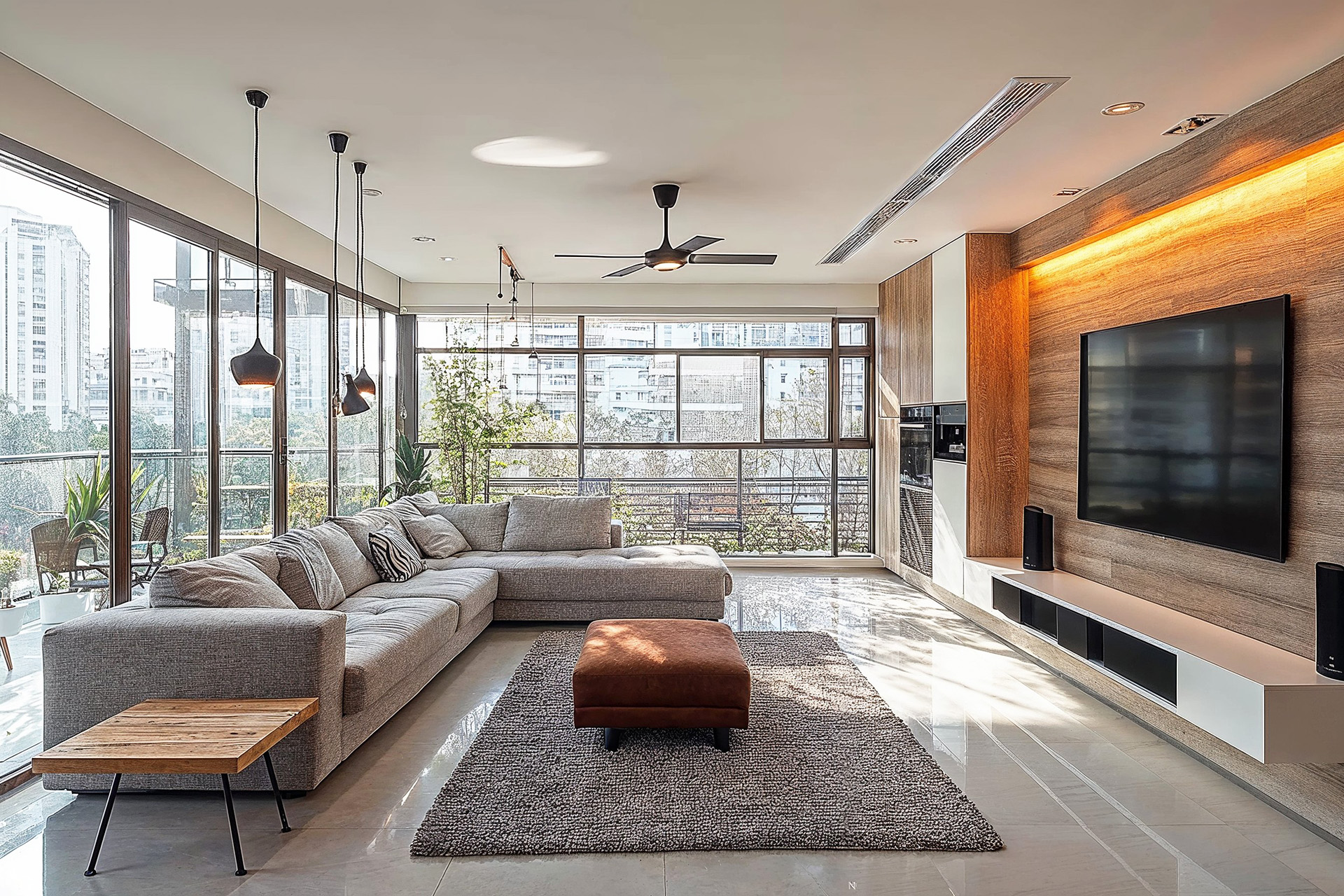
Costs Associated with Upgrading
Upgrading to a private condo involves more costs beyond the purchase price of your new home. You’ll need to factor in BSD and ABSD, if you do not sell your HDB first, which can add up to a significant upfront cost. Selling your HDB flat also comes with its own set of costs, including agent commissions, legal fees, and possibly a resale levy if you previously bought a subsidised flat.
Once you own a private condo, there are ongoing costs, such as monthly maintenance fees, property taxes and renovation expenses, that can add up quickly. If you’re financing your purchase with a bank loan, consider your loan eligibility and how your existing HDB loan will affect your borrowing capacity.
Having a comprehensive financial plan that takes into account all these factors will ensure your upgrade is affordable and sustainable in the long run.
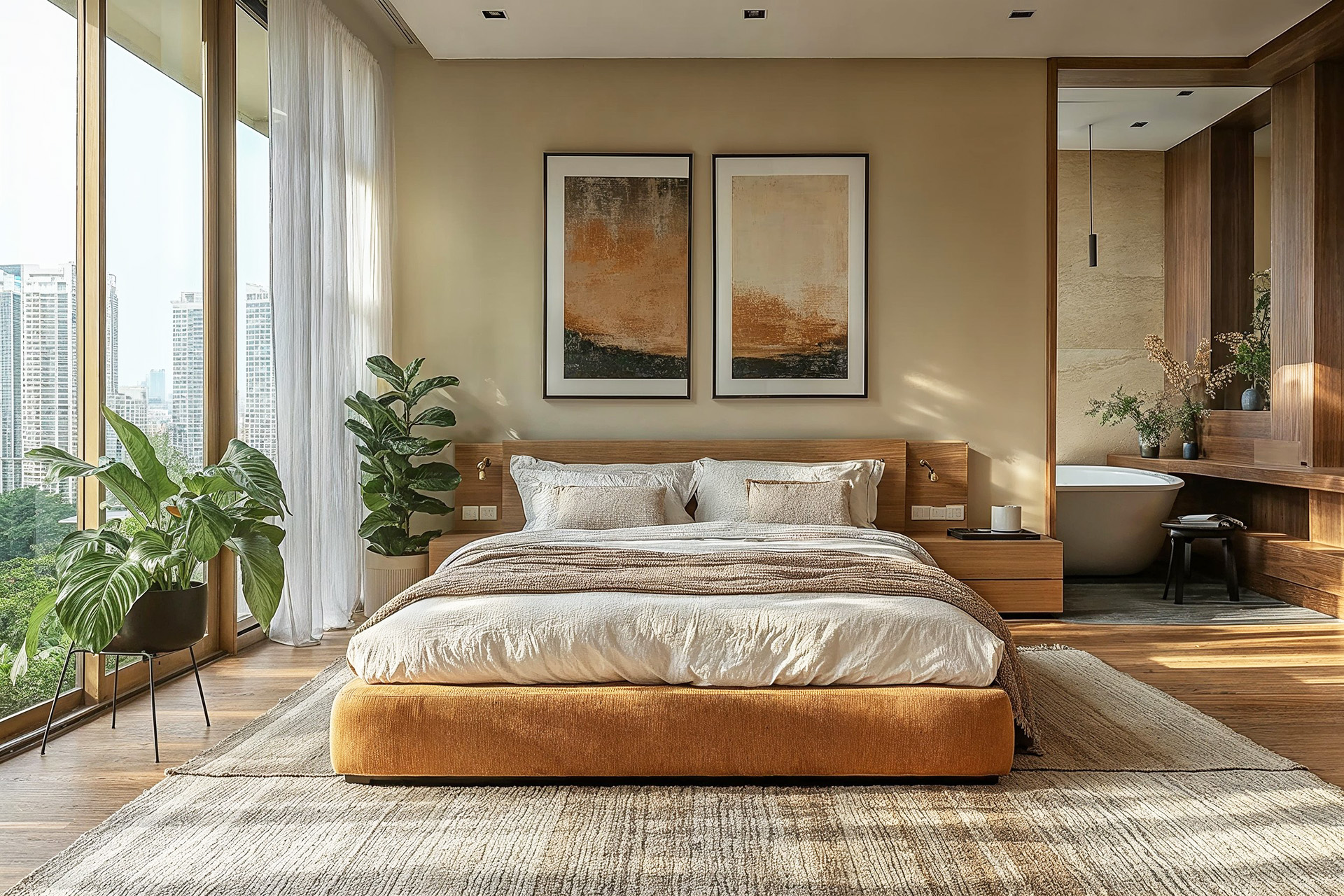
Types of Private Properties
Singapore’s private property market offers numerous options for upgraders, each with its advantages.
Executive condominiums (ECs) are a popular choice for first-time private property buyers, offering many of the amenities of private condos at a more affordable price, but with certain eligibility conditions and a minimum occupation period, much like an HDB. These properties are a hybrid between public and private housing, making them an attractive option for first-time upgraders or investors.
For buyers who are future-focused, new launch condominiums represent more than just fresh paint and polished showflats. They signal an early stake in neighbourhoods on the rise. Developments like One Marina Gardens in Marina South and Bloomsbury Residences in Media Circle are not just homes; they’re entry points into brand-new districts designed around sustainability, connectivity, and liveability. Early buyers often benefit from priority unit selection, staged payment schemes, and first-phase pricing, which can translate to capital gains even before they collect the keys. Of course, patience is required: new builds come with construction timelines, and the surrounding area may take years to mature fully. However, for those with foresight and flexibility, new launches offer an opportunity to grow with the city, both in terms of value and lifestyle.
Resale condos offer immediate occupancy and are often situated in established neighbourhoods with mature amenities, making them attractive to families seeking convenience and community. New launch condos, on the other hand, feature the latest designs, facilities and smart home technologies but may require a longer wait before you can move in and often come with a premium price.
The choice between new launches and resale properties deserves careful consideration. New launches often offer attractive pricing during their early phases, but completion timelines can extend your dual-property ownership period. The resale market offers move-in-ready condo options, allowing for immediate occupation and physical inspection of the property before purchase. The resale market also provides certainty on existing conditions and can be suitable for buyers who want quicker move-in options, but may require renovation investments that new launches don’t.
When choosing between executive condominiums, resale condos and new launch condos, consider location, price, amenities and your financial situation to find the private property that suits you best. Our property agents at SHE Real Estate can help you make informed decisions.
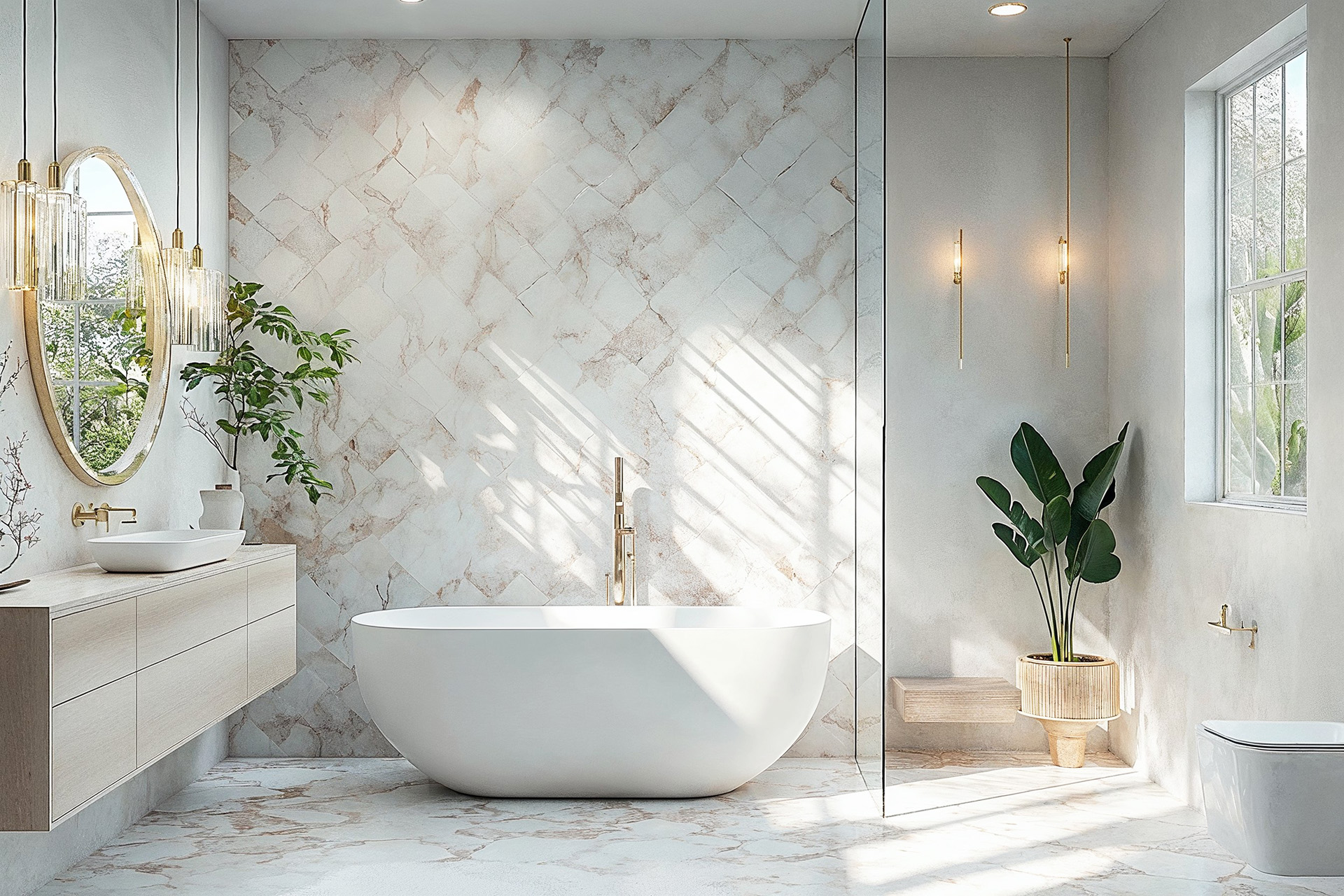
Strategic Approaches to the Upgrade Process
How do you successfully upgrade from HDB to a condo? The answer lies in strategic planning rather than impulsive decisions. The most successful upgrades follow a structured approach that begins with clear objective-setting and thorough financial planning.
The first strategic consideration is to time the market well. Property cycles affect HDB and condominium segments differently, and understanding these patterns can significantly impact your financial outcome. HDB prices are more stable but slower to appreciate, whilst condominium prices are more volatile but offer greater upside during favourable cycles.
Location strategy is equally important. Many upgraders make the mistake of focusing solely on price and not considering long-term value appreciation. Areas undergoing transformation, whether through new MRT lines, commercial developments, or urban renewal projects, often provide better upgrade opportunities than established prime districts where entry costs may be too high.
When comparing price and value, property valuation is crucial for making informed decisions. It helps assess the current value of a property, impacts your borrowing capacity, and affects taxes and affordability, making property valuation an essential step in your decision-making process.
Finally, working with property agents can provide valuable insights into market fluctuations, professional guidance throughout the process and clarity on commission structures for both new launch and resale transactions.
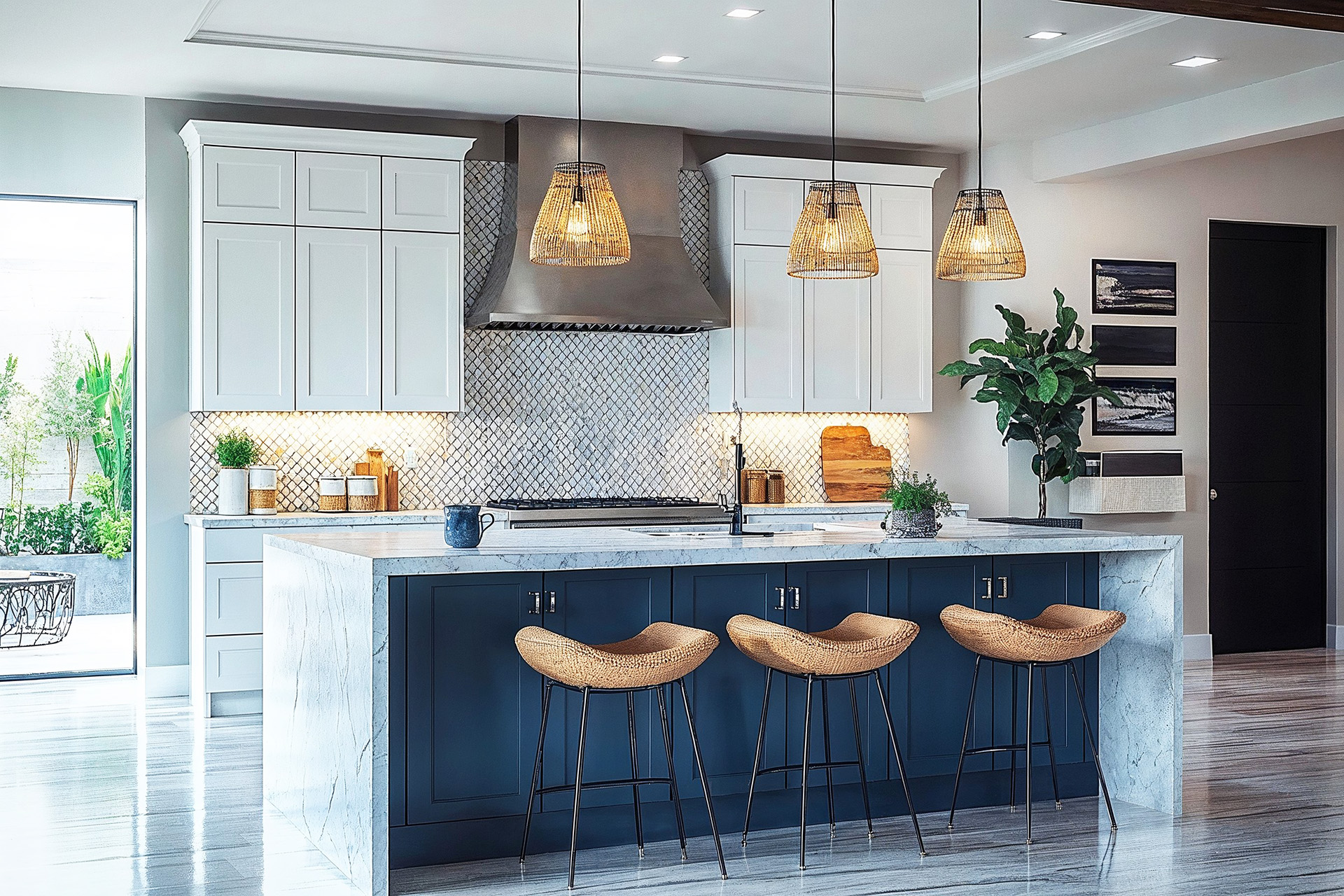
New Launches and Private Properties for HDB Upgraders 2025
If you’re upgrading in 2025, here are some condos to look out for:
These projects offer units from $1.2M to $2.5M, often within the affordability range for resale HDB sellers. Besides new launch condos, HDB upgraders can also consider new launch ECs as an alternative to subsidised private housing, which comes with brand-new amenities and developer perks.
